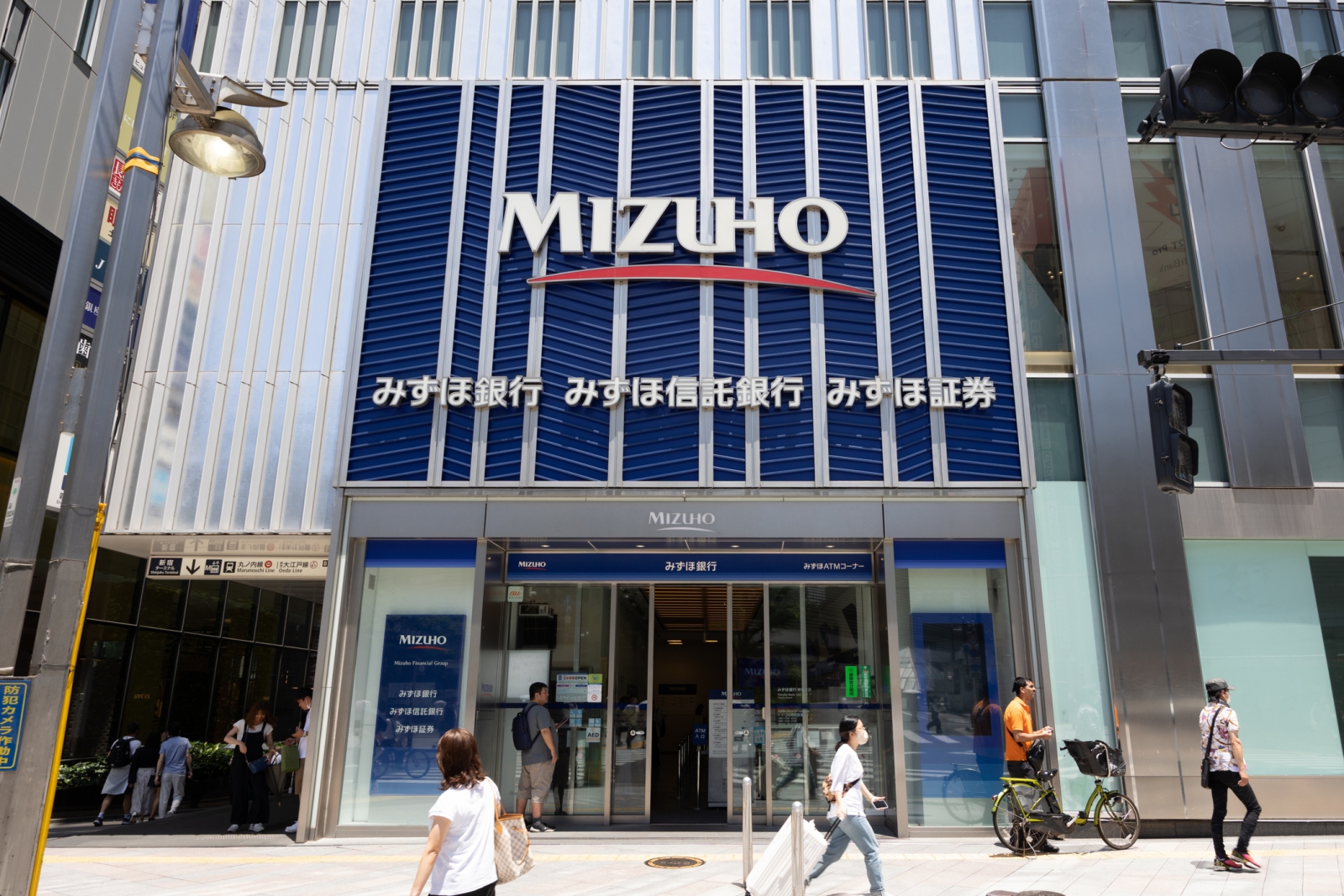
Mizuho will finance coal power plants to close ahead of schedule in Southeast Asia. (Photo: iStock)
Mizuho Financial Group in Japan has announced a relaxation of investment restrictions on coal-fired power plants. Starting in July, the group will provide financing to assist the early decommissioning of power plants in Southeast Asian countries, becoming one of the pioneers among major Japanese banks. However, the energy transition in Southeast Asia is progressing slowly. Indonesian officials have stated bluntly that it is currently not feasible to completely remove coal from their energy system.
According to Nikkei Asia, as Western countries criticize Japanese banks for financing coal development, Mizuho, Japan's second-largest financial institution, has taken the initiative to offer the necessary financing for the early decommissioning of coal-fired power plants in ASEAN countries. This financing includes the remaining loans for the power plants as well as the committed dividends, in hopes of convincing investors to agree to accelerate the phase-out of coal-fired power plants.
Last year, the United Nations called on member countries of the Organisation for Economic Co-operation and Development (OECD) to phase out coal-fired power by 2030 and suggested that non-member countries set their targets for 2040. According to a survey by the non-governmental organization Global Energy Monitor, 70% of OECD member countries' power plants could be decommissioned within this timeframe, while only 6% of non-member countries' power plants could do the same.
Decommissioning power plants ahead of schedule is challenging, especially in Southeast Asian countries where power plants have been operational for an average of less than 15 years, far from their natural retirement age of 40 to 50 years. The report also notes that decommissioning Indonesian power plants 10 to 15 years early would cost an estimated $300 million.
Indonesia has coal reserves of 99.2 billion tons and is the world's largest coal exporter. Additionally, 60% of the country's electricity comes from coal. Idris Sihite, Assistant Deputy of Strategic Planning at the Ministry of Energy and Mineral Resources (ESDM) of Indonesia, acknowledged that the country cannot break its reliance on coal in the short term.
At a recent energy conference, Sihite expressed his frustration, stating that Indonesia must support its coal industry and that the cost of decarbonization is "too high." As a result, even though Indonesia is often seen as the "bad guy" at international climate conferences, the country remains cautious about abandoning fossil fuels.
A 2021 study by Indonesia's National Development Planning Agency indicated that from 2021 to 2030, the country would need to spend $150 billion to $200 billion annually to achieve decarbonization, which accounts for 3.4% to 4.5% of its GDP.
According to a survey by Bain & Company, Indonesia has the largest investment in renewable energy among ASEAN countries, but the government continues to subsidize the fossil fuel industry. Additionally, since Indonesia's energy market is monopolized, all electricity transactions must go through the state-owned electricity company PLN, which is another reason for the slow development of clean energy in the region.
Source: Nikkei Aaia、Eco-business


